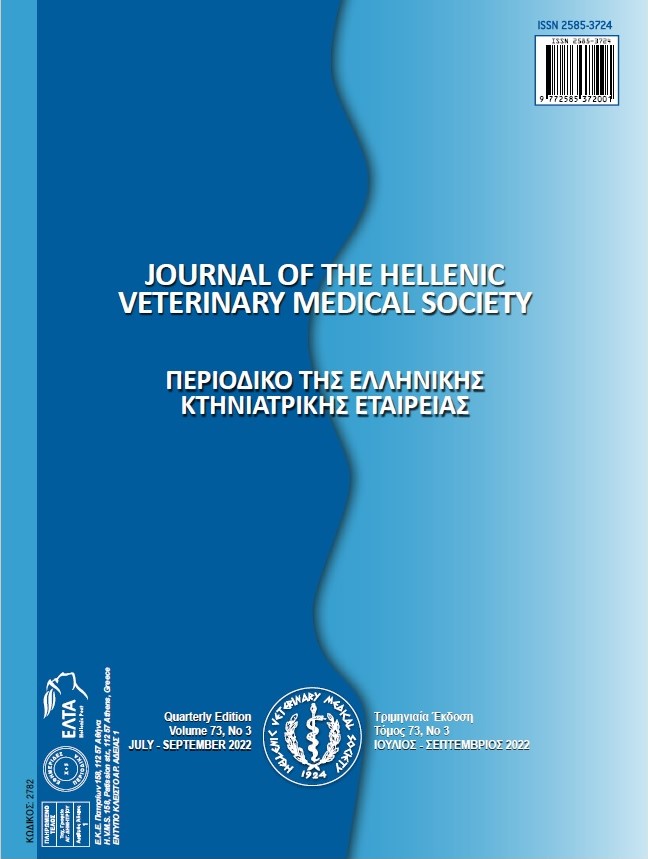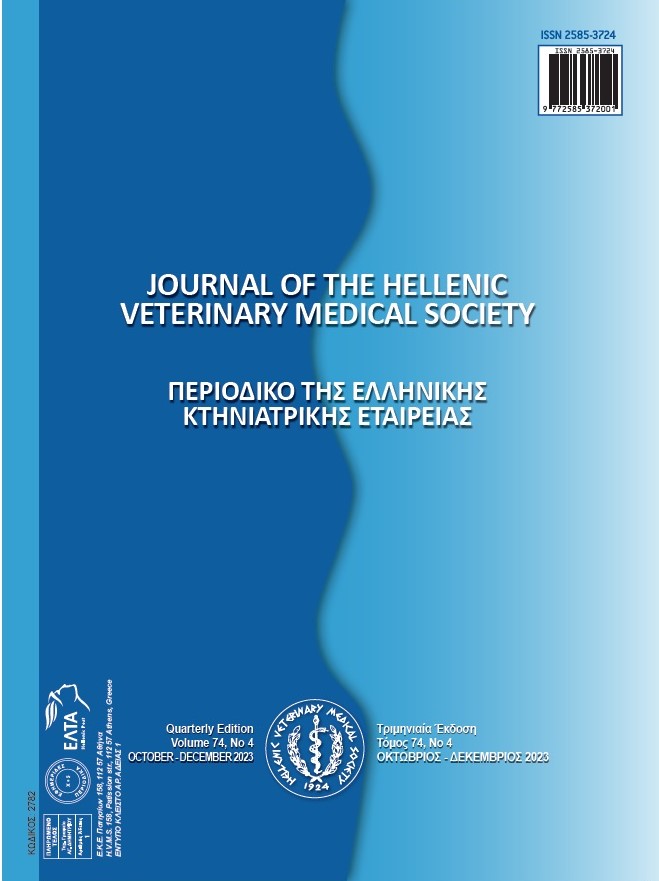Does supplementation of boron with yeast or humate substances have a better chance at modulating rumen fermentation in yearling rams?

Resumen
This study aimed to determine the effects of boron fed alone or with yeast culture or liquid humate on ruminal pH, ammonia-N, short-chain fatty acid (SCFA) concentration, protozoa counts and some nutrients’ apparent digestibility in yearling rams. Therefore, four Merino rams were allocated to 4×4 Latin square design and were randomly assigned to one of four treatments to basal diet: negative control with no supplements (NC), positive control (PC) with 30 ppm (Dry matter basis) boric acid alone, combinations of 30 ppm boric acid and 3 g/kg yeast culture (YC) and 30 ppm boric acid and 5 ml/kg liquid humate (LH). There were no negative effects of additives’ supplementation on animals daily feed consumption. No significant differences were observed among treatments for rumen parameters investigated, however, numerically lowest values for pH & ammonia-N in LH while highest SCFA concentrations in YC and LH groups were observed. Apparent nutrient digestibility was altered with boron addition to diets. Boron analysis of blood serum and fecal samples showed non-significant changes, except higher serum concentration of boron in YC compared to PC. It can be concluded that tested dosage of boron was not enough to considerably modify rumen fermentation characteristics in yearling rams. Better modulation of rumen fermentative characteristics might be possible when boron is supplemented with yeast or liquid humate, however, this possibility should be verified in the large-scale experiment.
Article Details
- Cómo citar
-
Sizmaz, O., Koksal, B., Ramay, M., & Yildiz, G. (2022). Does supplementation of boron with yeast or humate substances have a better chance at modulating rumen fermentation in yearling rams?. Journal of the Hellenic Veterinary Medical Society, 73(3), 4317–4324. https://doi.org/10.12681/jhvms.26454
- Número
- Vol. 73 Núm. 3 (2022)
- Sección
- Research Articles

Esta obra está bajo una licencia internacional Creative Commons Atribución-NoComercial 4.0.
Authors who publish with this journal agree to the following terms:
· Authors retain copyright and grant the journal right of first publication with the work simultaneously licensed under a Creative Commons Attribution Non-Commercial License that allows others to share the work with an acknowledgement of the work's authorship and initial publication in this journal.
· Authors are able to enter into separate, additional contractual arrangements for the non-exclusive distribution of the journal's published version of the work (e.g. post it to an institutional repository or publish it in a book), with an acknowledgement of its initial publication in this journal.
· Authors are permitted and encouraged to post their work online (preferably in institutional repositories or on their website) prior to and during the submission process, as it can lead to productive exchanges, as well as earlier and greater citation of published work.



